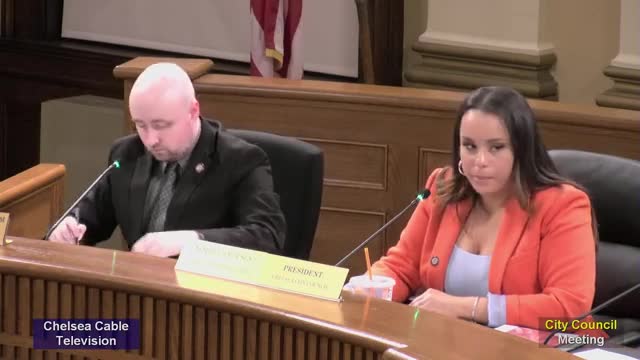Article not found
This article is no longer available. But don't worry—we've gathered other articles that discuss the same topic.
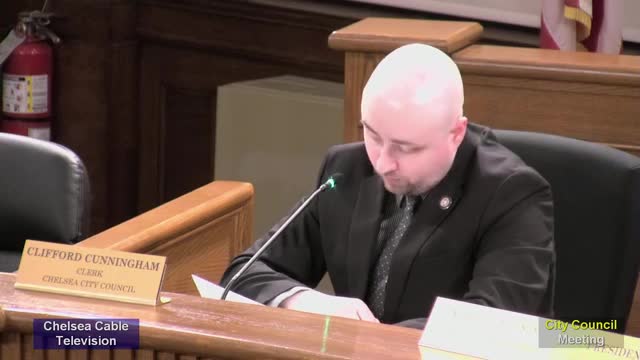
Council debates parking enforcement, residential permit hours and a zoning cleanup on permit eligibility
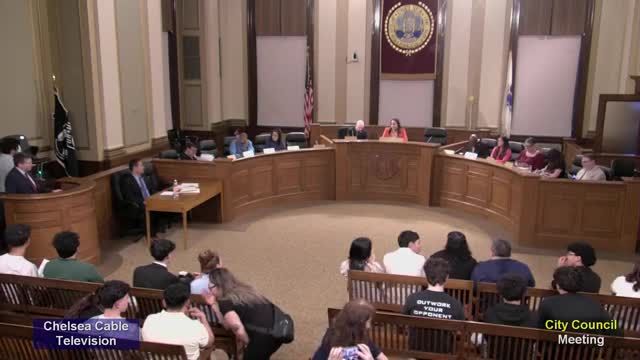
State senator outlines transit, environmental and funding steps for proposed Revolution stadium
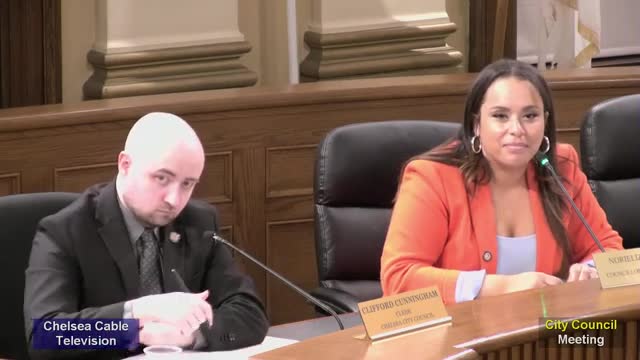
Resident warns fish‑processing proposal could bring 24/7 truck noise and parking impacts to nearby housing
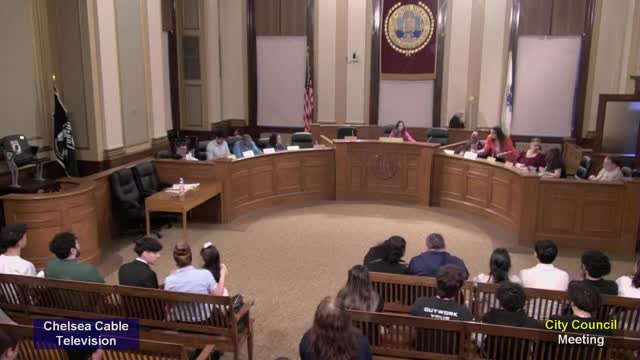
Council honors Northeast Vocational students; youth commission invites public to Youth Rise Festival
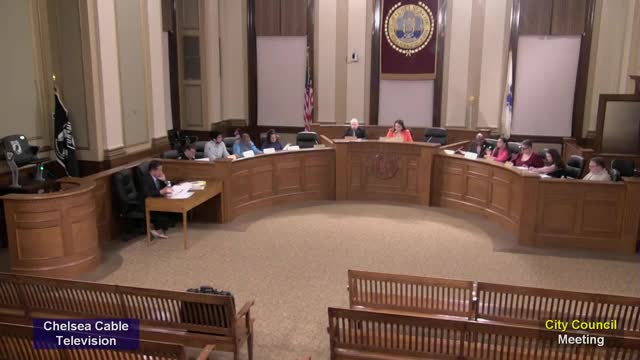
Council discontinues paper road Merit Road between Webster and Stockton
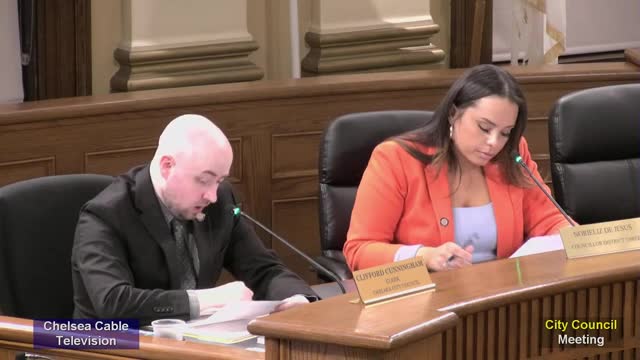
Council hears request to appropriate $200,000 for Forbes receivership expenses
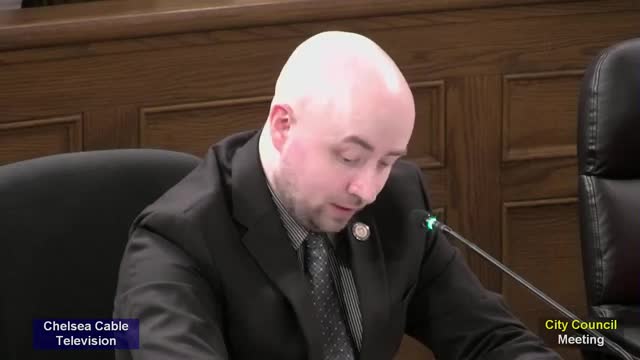
City manager requests $160,000 to implement ISD permitting and enforcement software
